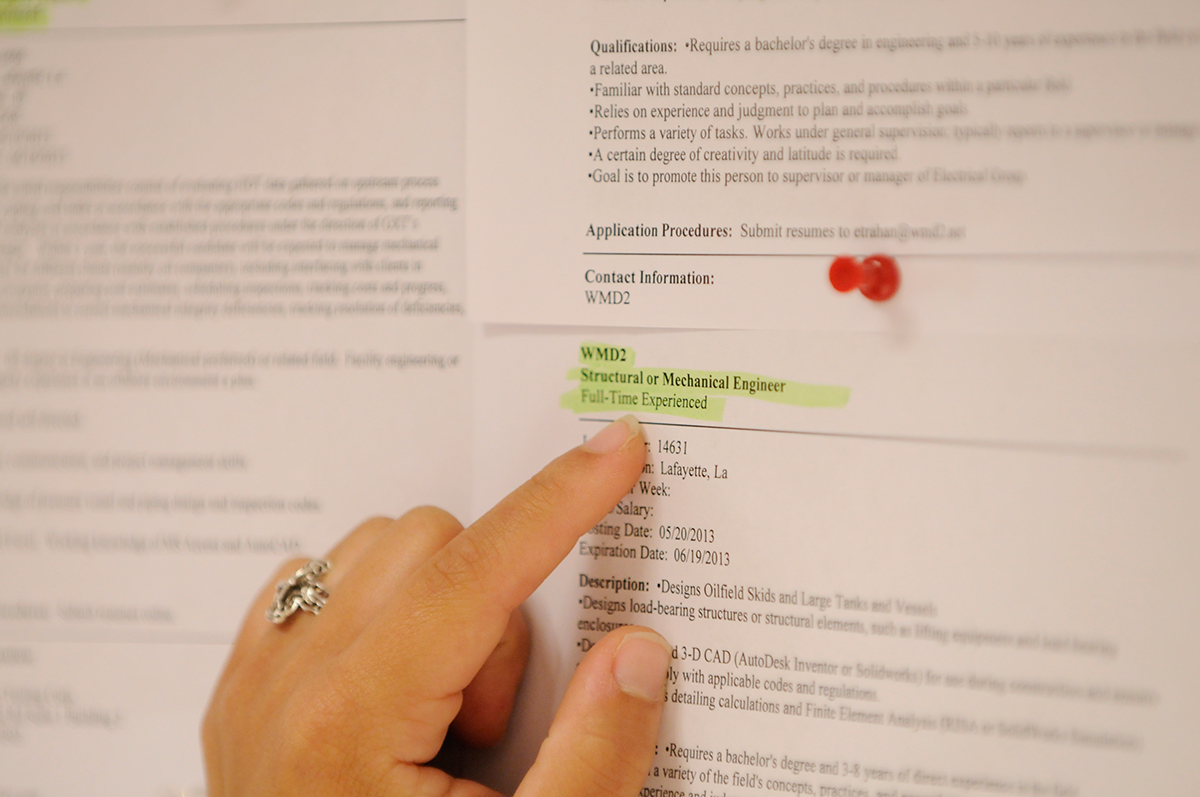Careers That Require a PhD or Doctoral Degree
Earning your doctorate can make you a leader in your field. It’s the pinnacle of academic accomplishments, and earning your PhD puts you in an elite group—less than 2% of Americans have a doctorate.
When deciding if a doctorate is right for you, it’s important to know that there are some career paths that require getting a PhD, DNP, or EdD. Most of these careers—especially those that require a PhD—are research-oriented, so you have to be ready to push the limits of your own knowledge in a very specific or particular area. You’ll be able to make your own discoveries, and you’ll have the power to create a ripple effect with your research.
The more you’re willing to explore new arenas with your research, the more you’ll be able to advance in your field, whether that’s in health care, cultural studies, education, engineering, technology, or any other arena.
Careers in Science & Research
Computer Engineer or Computer & Information Research Scientist
If you want a career leading technology-related research and development, you’ll need a PhD in computer science or a PhD in computer engineering. Depending on what your focus will be, you can work on developing the next great software or hardware for organizations like GE, Google, eBay, Intel, and NASA. Leading a research and development team in these areas requires the experience and expertise you’ll gain as a PhD student. Learn more about the computer science and computer engineering doctoral degrees.
Systems Engineer
Some of the top-paying careers in engineering are for systems engineers. In a systems engineering PhD program, you’ll learn how to analyze and design the varied pieces of engineering systems—so you’ll gain an in-depth knowledge of all different engineering disciplines. Systems engineers have to see all of the individual parts and the whole simultaneously, whether they’re working on deep-water drilling operations, fiber optic networks, or highway safety systems. Learn more about the PhD program in systems engineering.
Mathematician or Statistician
Advanced math is the foundation for all other scientific fields—and most often the sciences converge with technology to improve the quality of people’s lives. If you want to contribute to the improved function any technological device we use, you’ll need a PhD in mathematics. Though not all mathematics PhD programs focus on applied mathematics, you can choose to pursue a concentration in applied math at UL Lafayette. Our PhD students learn how to invent and discover new math, which is how you can help improve every other scientific endeavor: by improving the foundation upon which everything else is built. Learn more about the PhD in mathematics program.
Biologist
Earning a biology doctoral degree opens doors for a career in advanced research. If you’re interested in the biomedical field, you’ll need that PhD in biology to find the next vaccine, cure, or treatment for the thousands of ailments that both people and animals suffer from. If you want to lead research in environmental or evolutionary biology, the doctoral degree is a necessity. Biology is innately complex, so a PhD in biology will give you the opportunity to explore a very specific subject and then apply your research findings to a range of other efforts. Learn more about the PhD in biology.
Careers in Health Care
Healthcare Administrator
Earning a Doctor of Nursing Practice will give you clinical practice-oriented leadership training. With your Doctor of Nursing Practice degree, you’ll become an expert practitioner who can provide leadership in the complex healthcare environment. You’ll be able use your research to influence practice in a clinical setting and lead initiatives to improve patient care. Learn more about the DNP program.
Speech, Language, and Audiology Clinician, Researcher, or Scientist
There is a growing demand for doctoral-trained professors, researchers, and scientists in communicative disorders. With your PhD in Applied Language and Speech Sciences, you’ll be able to educate future speech-language pathologists and conduct the research that leads to breakthroughs in diagnosing and treating a range of speech, hearing, and language disorders. Learn more about the doctoral program in applied language and speech sciences.
Careers in Education
Professor
It’s worth noting that for just about every discipline—from biology and computer science to English—you’ll need a doctorate to teach at institutions of higher education. For example, if you’re looking to teach in the humanities or liberal arts, a PhD in English is an asset because you’ll have a wide range of expertise in British and American language and literature, creative writing, linguistics, rhetoric and composition, and others. Earning your PhD, EdD, or DNP is a critical part of becoming a professor or researcher at a college or university. Becoming a tenured professor is virtually impossible without these terminal degrees, and upper-level University administration careers also require a doctoral degree—and those people are often tenured professors before they move up in the ranks.
School or University Administrator
If you want an administrative role in schools, community colleges, or universities, the educational leadership doctoral degree will prepare you for the job. It is becoming ever more prevalent for superintendents, deans, chancellors, vice presidents, provosts, or presidents to have an EdD, because you need the extensive training and experience to become an effective educational leader. Learn more about the educational leadership doctoral degree.
Careers in Culture
Cultural and Linguistic Preservationist
If you’re passionate about preserving Francophone languages and researching the linguistic and cultural history and future of the Francophone world, you’ll want to earn your Francophone studies doctoral degree. You’ll be prepared for a career in academia, as well as careers in international business, translation, tourism, historic preservation, and governmental service. Learn more about the PhD in Francophone Studies.